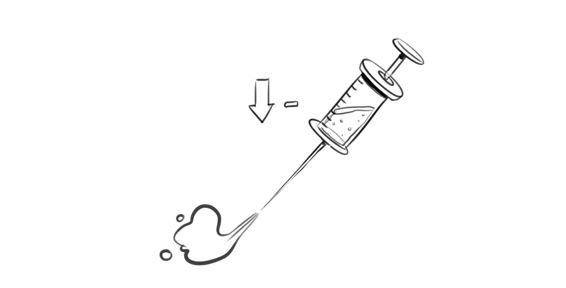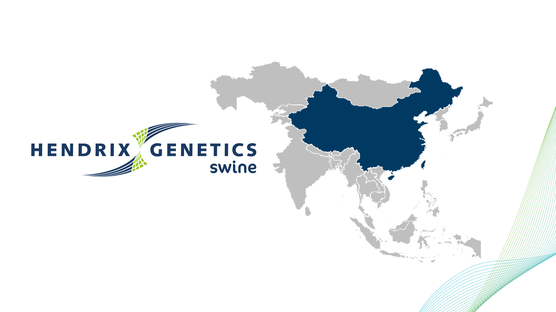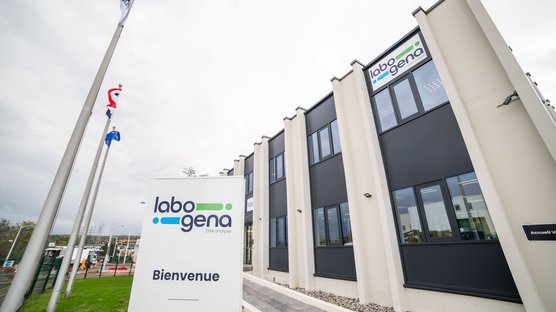
Published on March 26, 2019
Our responsible use of antibiotics
At Hendrix Genetics, we continuously seek to minimize our environmental impact. The reduction of our use of antibiotics in our farms is a key aspect of this daily work. Our objective is to use antibiotics in a responsible way, around the idea of “as less as possible, as much as needed”.
The usage of antibiotics in our species follows a clear and formalized procedure. It is conducted under strict veterinary control. In order to follow this process, we first implemented an indicator at a group’s level. We perform a census of every usage at all of our species’ scale. Then we synthesize this information to determine the principal causes which led to this use and explain why it was necessary. In fact, we only decide to use antibiotics when we don’t have any other choice of treatment. Finally, we define an action plan to prevent all future utilization upstream.
Treatment when needed
We never use an antibiotic treatment as prevention. Its use only occurs when a flock is hit by a disease, meaning the flock has been contaminated by a bacterium, and it justifies a treatment. To identify the bacterium, we carry out an antibiogram that reveals the sensibility of the microbe to a potential treatment by antibiotics. Then we chose the one that will be the most efficient on the identified germ. As part of our policy we give priority to the one that is used least often by humans. Most of our flocks that we raise will never get antibiotics in their entire life.
A global responsibility
From our perspective, responsible use of antibiotics starts with reduction of its usage higher up in the value chain, in breeding and distribution. By working on the cause of the disease, the way we treat animals with antibiotics and analyzing the issues, it allows us to reduce the cause, and eventually reduce the usage of antibiotics.
At the same time, we are actively searching for other treatment solutions by investigating alternative products, such as probiotics. All is aimed at building a sustainable environment to ensure the well-being of present and future generations. Not only for the animals, but also for the human population as the problem of antimicrobial resistance is nominated by the World Health Organization as an increasingly serious threat to global public health.



